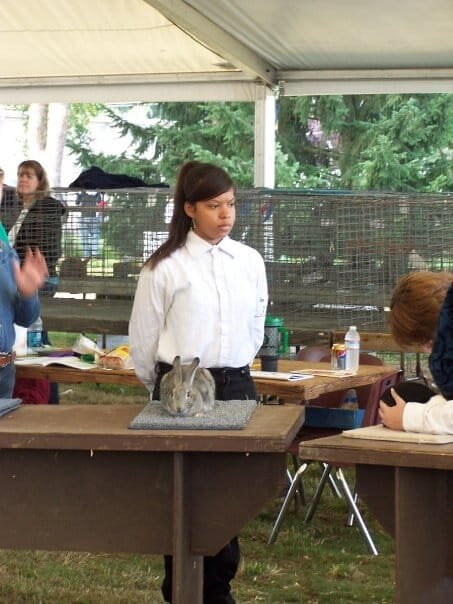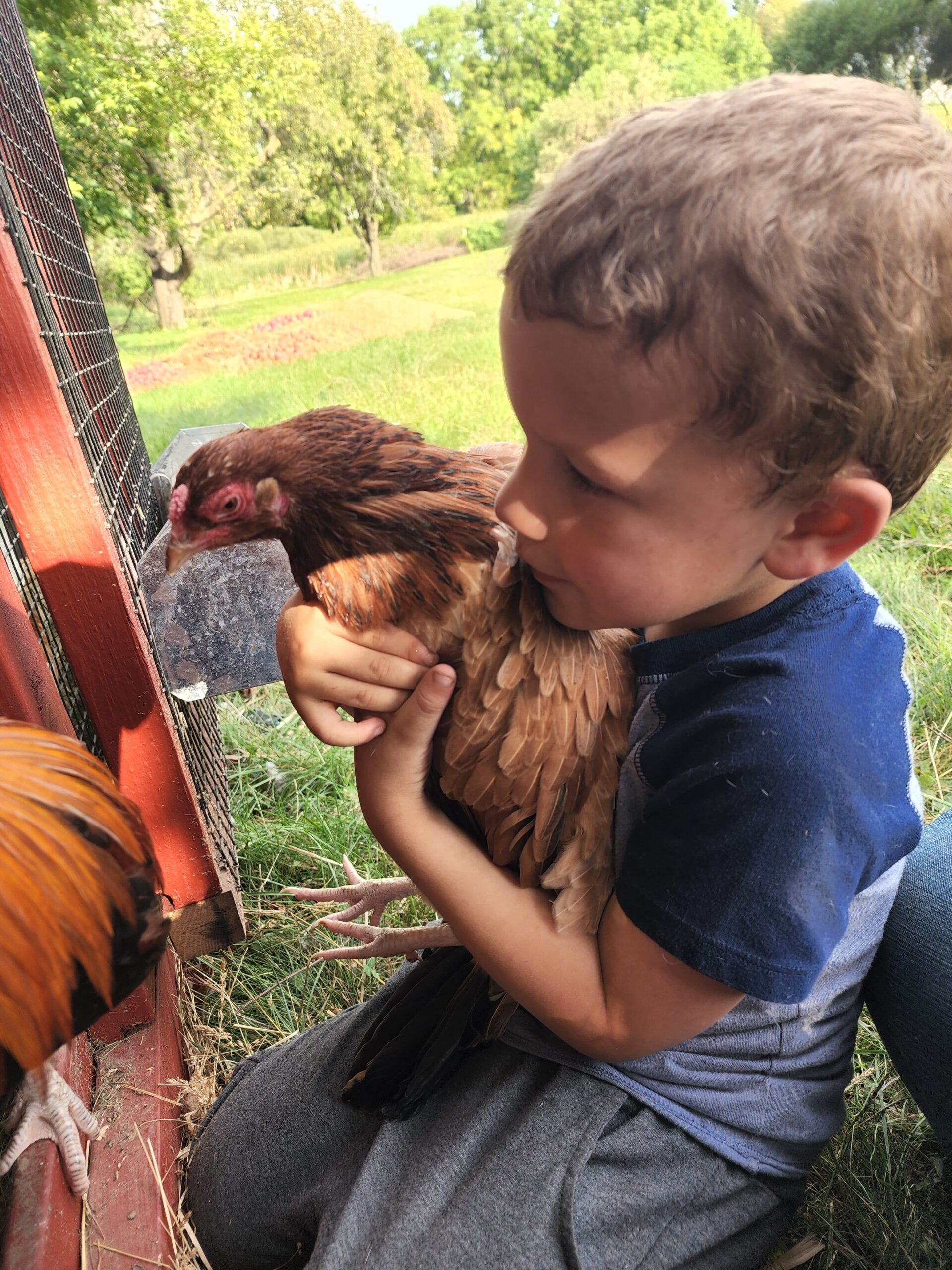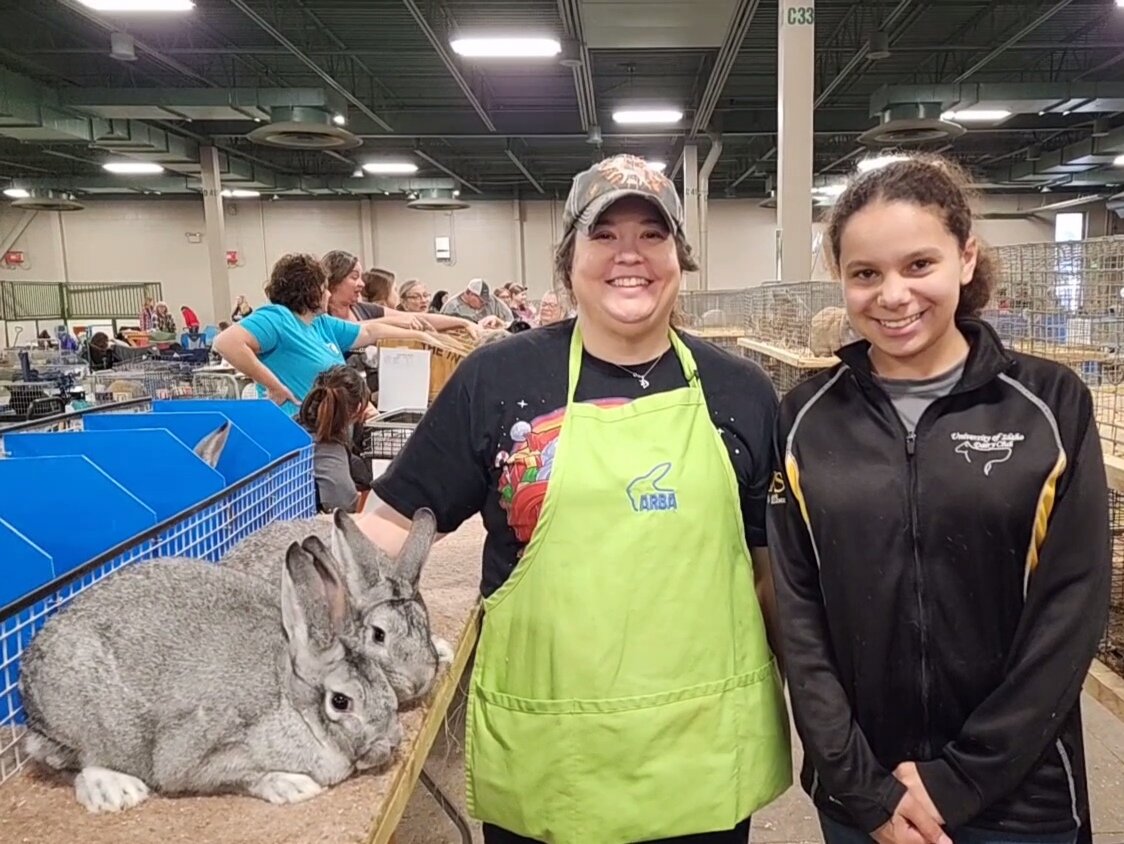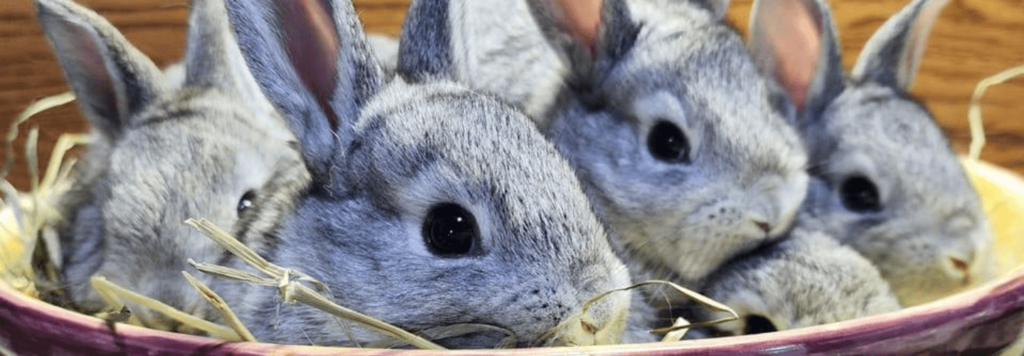
American Chincillas, courtesy of Alexandria Brown-Haglund
Heritage breed education can have a profound impact on young people, often shaping their life-long appreciation for conservation. Alexandria Brown-Haglund of Sweet Rose Acres is a great example of a heritage breeder whose passion for American Chinchilla rabbits started as a student.
“In high school, someone had an American Chinchilla rabbit for sale at the county fair. I fell in love with the breed,” she explains. “Fast forward as an adult I wanted American Chinchillas as our rabbit breed. While doing research to find breeders, I came across the Livestock Conservancy. The Livestock Conservancy opened the doors to us as we expanded beyond rabbits.” She now raises Cubalaya chickens, Buff Ducks, and American Chinchilla rabbits with her family on her Holt, Michigan farm.
Heritage Breed Education Programming: Chicks in the Classroom
One notable program that promotes heritage breed education is the Chicks in the Classroom Project.
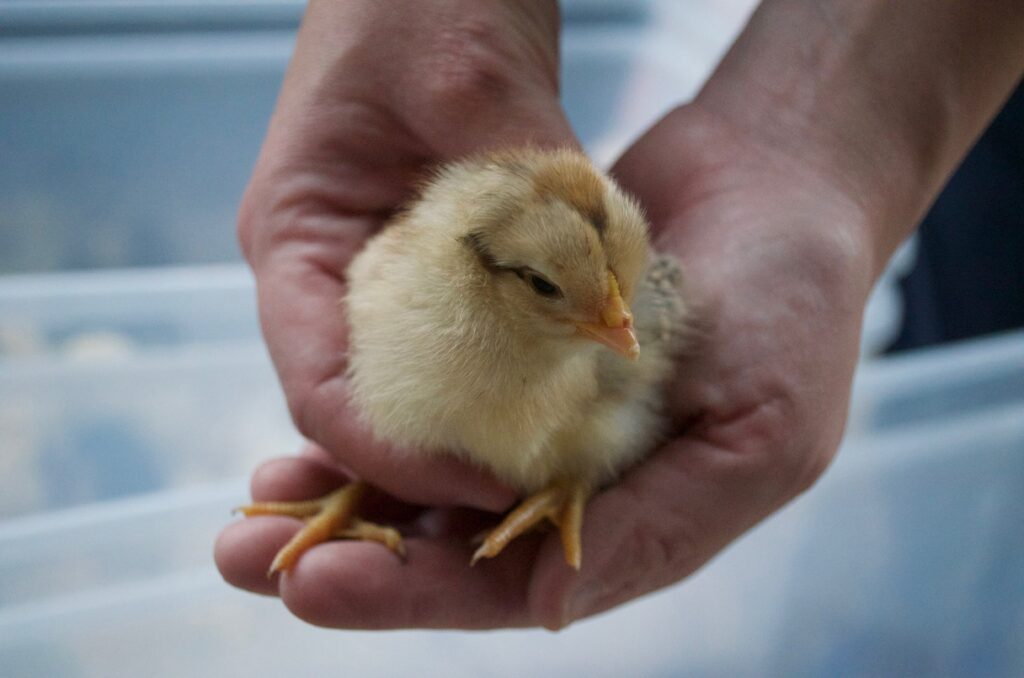
Buckeye Chick, courtesy of Ginger Cunningham
Since 2013, The Livestock Conservancy has partnered with small farms across America to provide rare heritage breed hatching eggs to elementary schools through the Classroom Heritage Chicken Hatching Project. This partnership provides youth with an opportunity to learn about life cycles, heritage breeds, and genetic conservation. Teachers use a 4-H curriculum to guide students through the incubation process and embryonic life cycle. Materials provided by The Livestock Conservancy explain the role of heritage breeds in biodiversity on today’s farms, backyards, and ranches.
Ginger Cunningham, County Extension Director for the North Carolina Cooperative Extension Service, helps run the joint program. Cunningham reports that, based on post-evaluations, “90% of participating students expressed greater interest in STEM-related concepts and careers after the program. Specifically, this embryology program filled a critical void in hands-on learning opportunities that local educators so direly needed. Educators also noted the ‘chicks brought so much joy’ to their classroom.’”
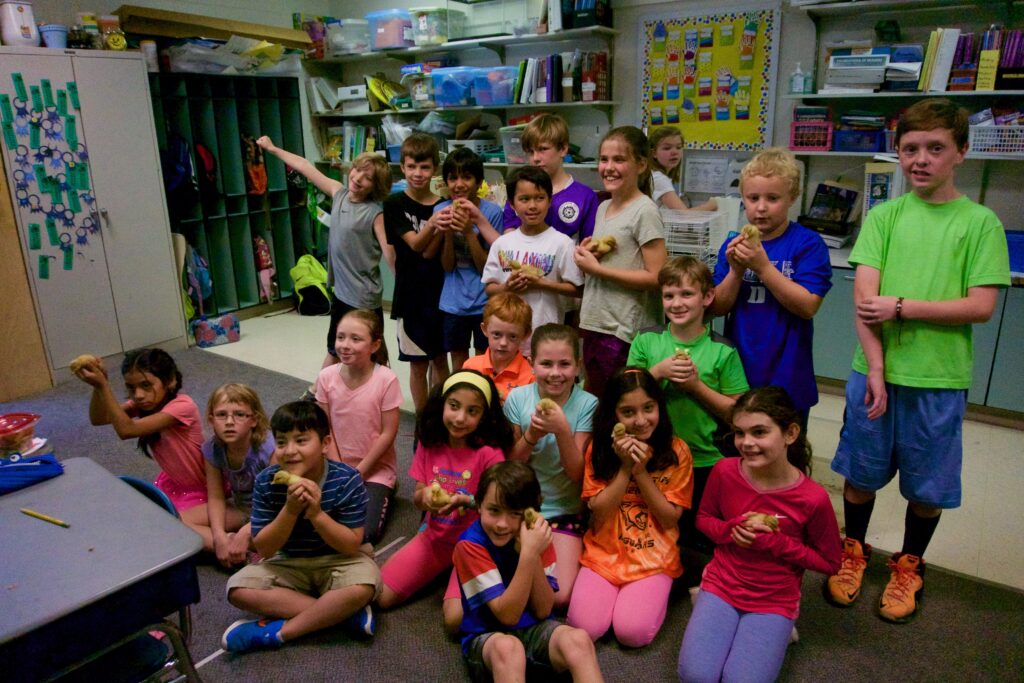
Photo courtesy of Ginger Cunningham
Meet Mountain View Elementary School’s Hatching Program
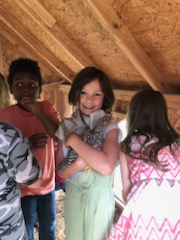
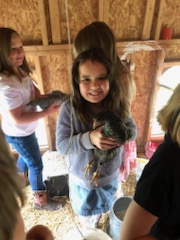
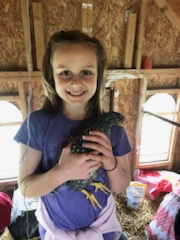 Mountain View Elementary School in Corvallis, Oregon, is a prime example of how heritage breed education sparks enthusiasm and a desire to conserve endangered breeds. Just about every year, Danielle Black and her students hatch chicks to keep in the school hen house that she obtained with grant funding. In the fall of 2022, Black’s second-grade students decided they wanted to do more than just hatch and raise chickens; they wanted to help save a critically endangered heritage breed. Students researched poultry varieties and picked the Barred Holland Chicken because of its beautiful coloring and docile demeanor.
Mountain View Elementary School in Corvallis, Oregon, is a prime example of how heritage breed education sparks enthusiasm and a desire to conserve endangered breeds. Just about every year, Danielle Black and her students hatch chicks to keep in the school hen house that she obtained with grant funding. In the fall of 2022, Black’s second-grade students decided they wanted to do more than just hatch and raise chickens; they wanted to help save a critically endangered heritage breed. Students researched poultry varieties and picked the Barred Holland Chicken because of its beautiful coloring and docile demeanor.
Black connected with a Barred Holland breeder and drove six hours round trip to obtain fertile eggs. After 21 days in the incubator, the chicks hatched. Students have enjoyed observing the chicks grow as they learn about the Hollands’ features.
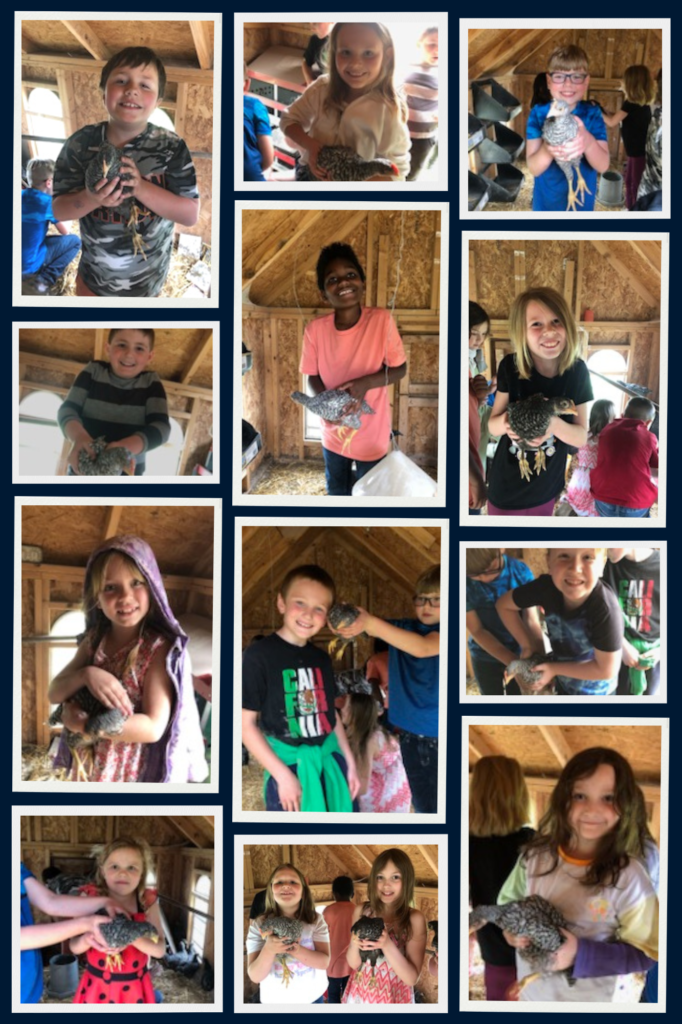
Photos courtesy of Danielle Black, Mountain View Elementary School
The Livestock Conservancy has resources available to help teachers and youth leaders tell the story of heritage breeds including brochures, books in our online store, chicken coloring books, and breed comparison charts. We can also help you source heritage poultry and waterfowl eggs for hatching projects. Email us at info@livestockconservancy.org with your questions.

